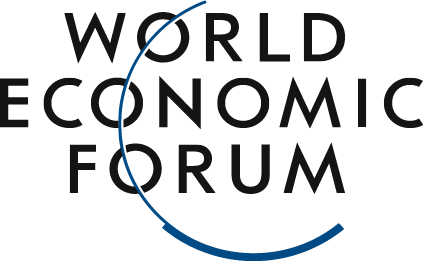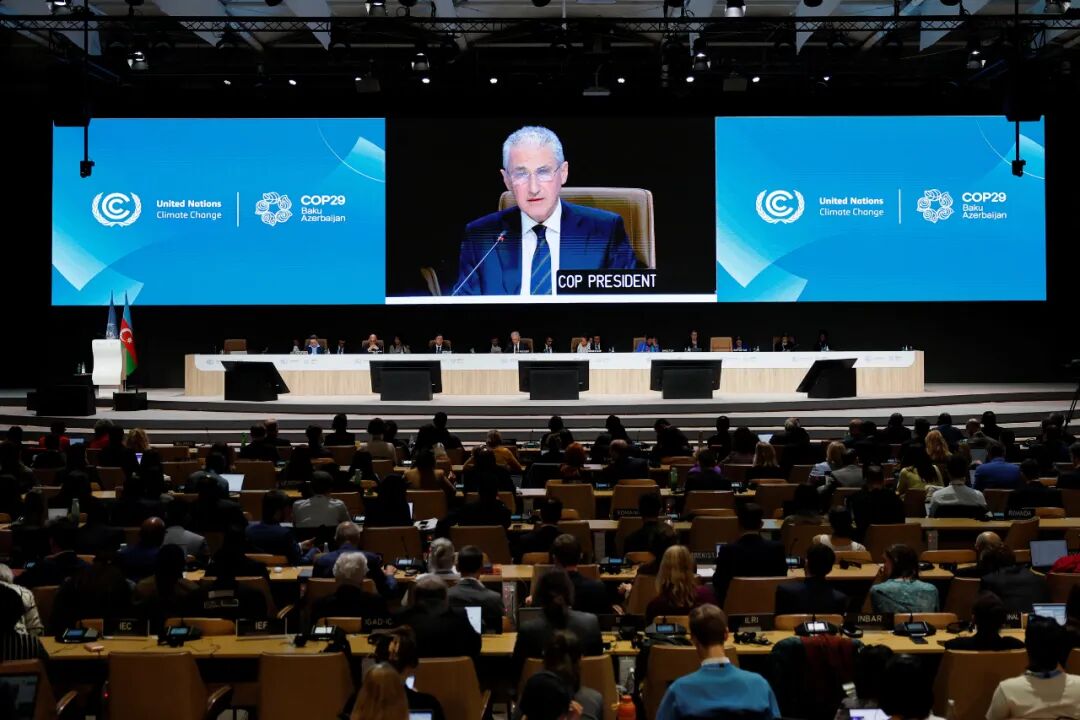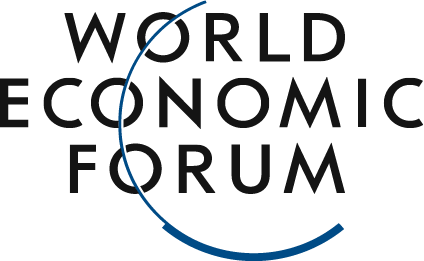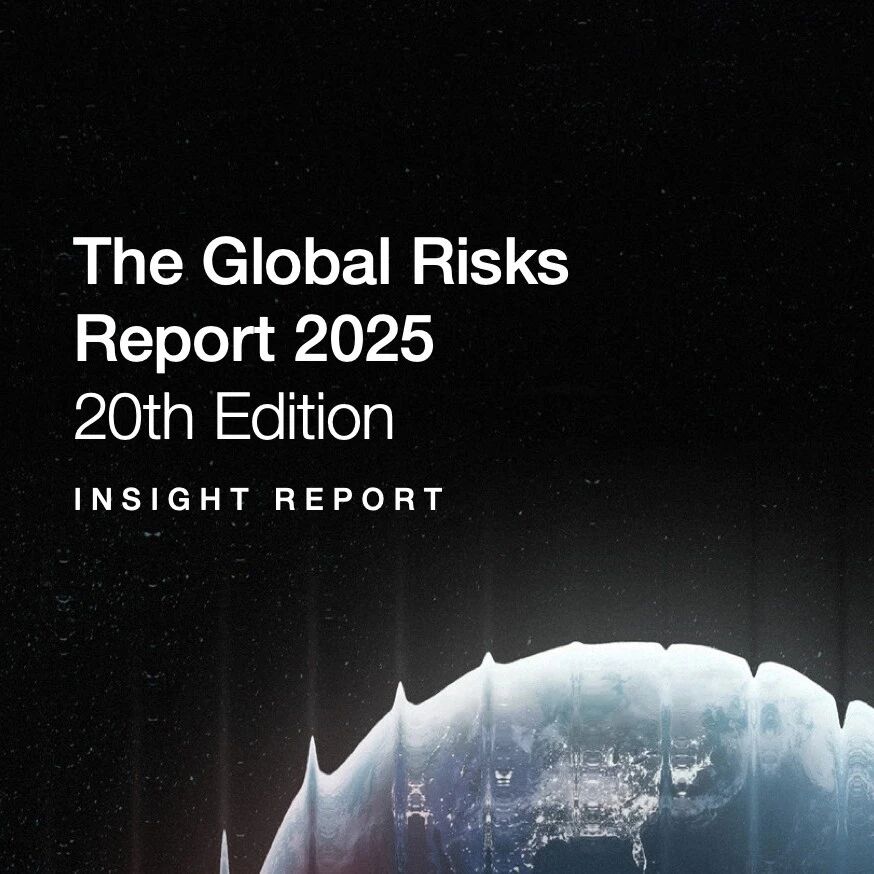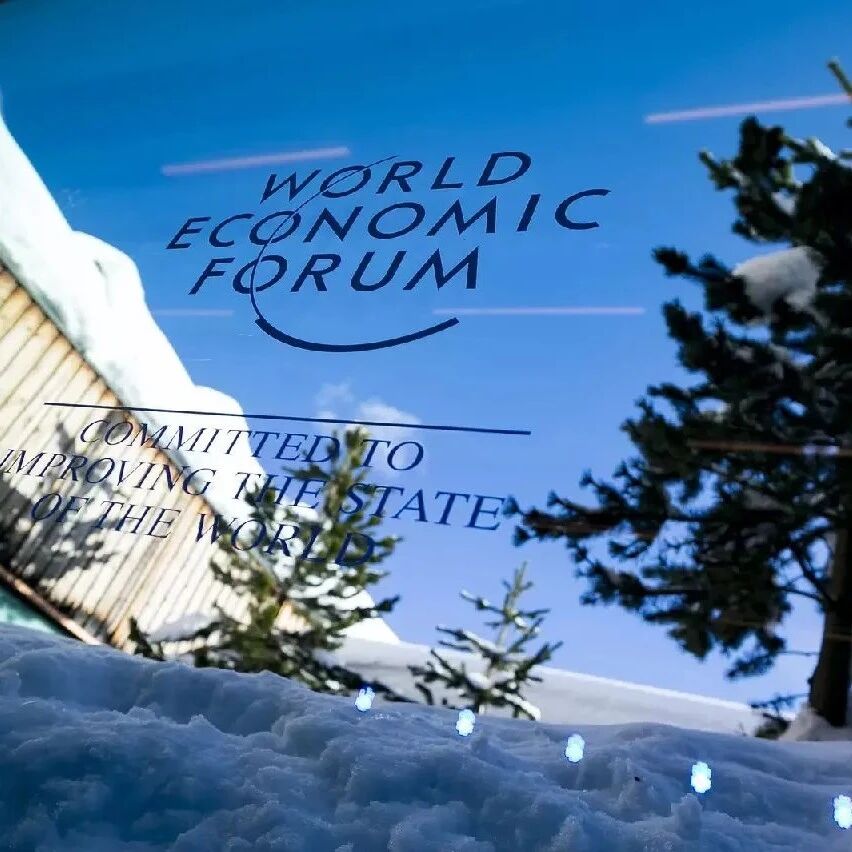Climate finance is one of the key focuses of COP29.
Image source:Reuters/Maxim Shemetov
Pim Valdre
Global Head of the World Economic Forum's Climate Ambition Initiative
Laia Barbarà
Global Managing Director of Climate Strategy at the World Economic Forum
Climate finance and carbon markets have become the focal points of COP29. The conference is centered on scaling up funding and establishing effective carbon market mechanisms.
COP29 also marks the first-ever "Financing Conference of the Parties." Developed countries have pledged to provide $300 billion annually in climate finance to developing nations, though this figure falls far short of the $1 trillion that developing countries are demanding.
While no progress has been made toward phasing out fossil fuels, COP29 marks a significant milestone in bringing the carbon market online.
The global climate agenda is taking center stage at COP29, hosted in Baku, Azerbaijan. Over 65,000 world leaders, policymakers, private-sector representatives, and civil society members have gathered for the event.New data predicts that 2024 will become the hottest year on record, with rising extreme weather already causing billions of dollars in damage. Combined with a complex geopolitical landscape, this year’s summit underscores the urgent need for climate action.At COP29, funding took center stage, particularly the mobilization and allocation of resources needed for critical efforts. Key negotiations aimed to set new global climate finance targets, strengthen Nationally Determined Contributions, make significant strides in adaptation and addressing loss and damage, and advance progress on the energy commitments made at COP28.The goal of the meeting is to strengthen global cooperation and ensure tangible progress in addressing the most pressing challenges of climate change.So, what specific achievements has COP29 made? And what more needs to be done to ensure meaningful progress is realized?Here are the four main highlights of this year's summit.What were the outcomes of COP29?1. New Global Climate Finance GoalNegotiators face the critical task of setting new global climate finance targets for 2025 and beyond, building on the previous annual commitment of $100 billion.Delegates are working to address the issues of climate finance—specifically its amount, quality, and sources. Vulnerable countries are calling for concrete commitments on a loss and damage mechanism to ensure that the necessary financial support is provided.Key priorities include setting realistic expectations for donors, ensuring that financial support translates into tangible impact, and mobilizing significant private-sector investment.All parties agreed to establish "a new collective quantified goal for climate finance," which will support developing countries in two key areas:This will enable companies to develop their own detailed energy transition plans and explore market-based solutions to drive the transformation.2024 is a pivotal year, set to host COP29, the 16th Conference of the Parties to the UN Convention on Biological Diversity, and the 16th session of the Conference of the Parties to the United Nations Convention to Combat Desertification (UNCCD). This rare convergence presents world leaders with a unique opportunity to unite their efforts and work toward sustainable solutions.Countries will update their Nationally Determined Contributions ahead of COP30. However, the Conference of the Parties process itself needs reform. Public-private partnerships are essential for tackling the climate crisis with both urgency and scale.The upcoming World Economic Forum Annual Meeting 2025, set to take place in Davos, Switzerland, will be the first major public-private collaboration forum held after COP29. It will serve as a platform to translate its outcomes into actionable initiatives, fostering stronger partnerships among governments, businesses, and civil society.COP30, held in Belém, Brazil, will build on the progress made—and the unresolved challenges—of COP29.Brazil, representing emerging markets and developing economies, will set the tone for climate ambition, with the next round of Nationally Determined Contributions set to be unveiled in mid-February. The host country for COP31 in 2026 may also already be decided, with Australia and Turkey both strong contenders.
The above content solely represents the author's personal views.This article is translated from the World Economic Forum's Agenda blog; the Chinese version is for reference purposes only.Feel free to share this on WeChat Moments; please leave a comment below the post if you’d like to republish.
Editor: Wang Can
The World Economic Forum is an independent and neutral platform dedicated to bringing together diverse perspectives to discuss critical global, regional, and industry-specific issues.
Follow us on Weibo, WeChat Video Accounts, Douyin, and Xiaohongshu!
"World Economic Forum"
